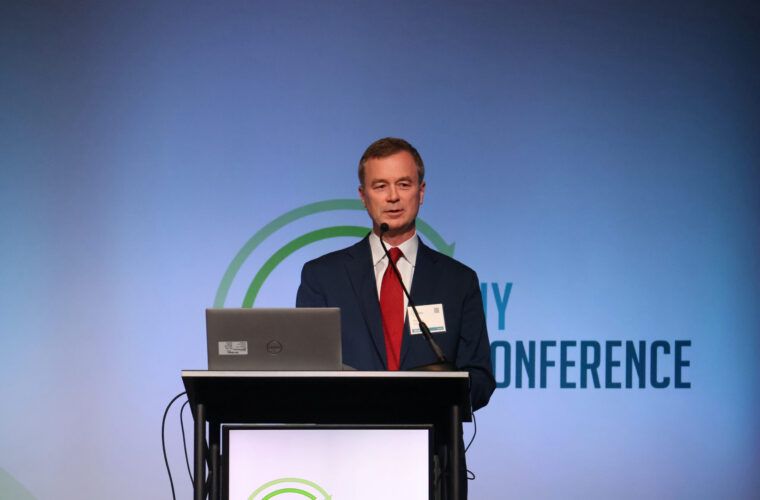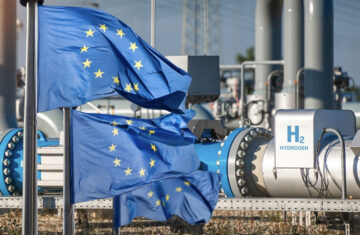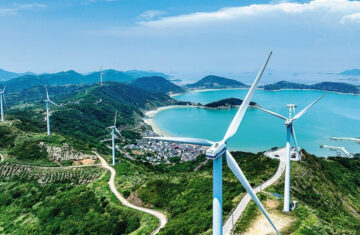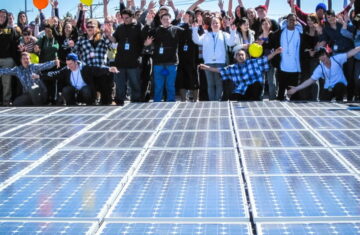As Michigan aims for 100% renewable energy by 2040, discussions at the 2025 MI Healthy Climate Conference highlighted both the steps needed and the hurdles faced in achieving this ambitious goal. Governor Gretchen Whitmer has set a target for the state to generate 60% of its power from renewable sources by 2030, but community acceptance and regulatory challenges remain significant obstacles.
Panelists, including Chris Kunkle, vice president of government affairs at Apex Clean Energy, emphasized that community sentiments pose a major challenge for energy developers. Kunkle noted that while energy demand is rising, the clean energy sector is facing headwinds from federal policies. However, he praised Michigan’s 2023 clean energy package, which streamlines the permitting process for renewable energy projects, allowing state-level permits if local municipalities delay decisions.
Kunkle stated, “We were thrilled to see the state Legislature adopt a novel approach that allows alternative routes if local processes fall short,” highlighting the importance of legislative support in facilitating renewable energy development.
Despite the advantages of the new permitting laws, they sparked debates in the Legislature, with Republicans arguing that the laws undermine local control. Rep. Gregory Alexander (R-Carsonville) has introduced bills to repeal these changes, asserting that local governments should maintain authority over their zoning processes. “When unelected state bureaucrats impose projects on communities, it’s a textbook example of government overreach,” Alexander said.
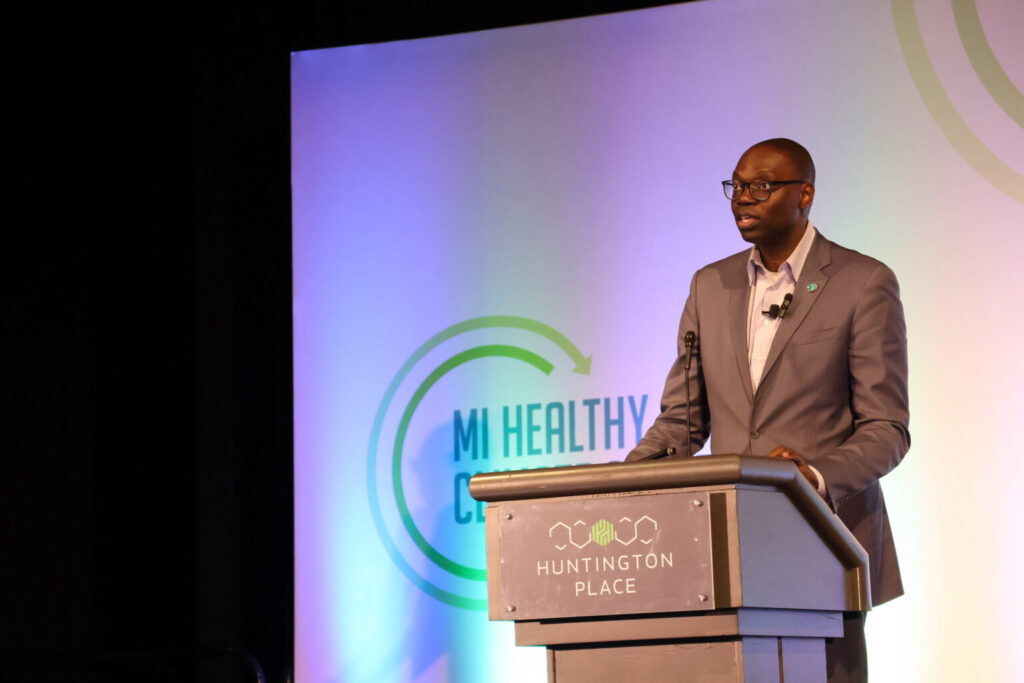
Elise Matz, vice president of public affairs at Circle Power, stressed the importance of engaging communities in the planning process. She and other panelists highlighted that successful renewable energy projects often depend on community trust. Matt Wagner, manager of renewable energy development at DTE Energy, noted, “The best advertisement for a company’s next clean energy project is the last project it finished.” He emphasized that positive outcomes from previous projects can build credibility and trust within communities.
John Freeman, executive director of the Great Lakes Renewable Energy Association, identified three primary barriers to renewable energy adoption: education, affordability, and access disparity. He pointed out that many residents are apprehensive about large-scale changes to the energy system. To address these concerns, the association is working to educate local governments on developing sustainability plans and the benefits of solar energy systems.
Ali Dirul, CEO of Ryter Cooperative Industries, echoed the sentiment that solar projects need to be developed with community input rather than imposed upon them. He argued for better engagement with local residents to ensure that projects meet community needs.
Kunkle also discussed the impact of federal tariffs on clean energy materials, emphasizing the need for stable supply chains. “When you’re ordering hundreds of millions of dollars in equipment, it’s hard to be nimble,” he said, reflecting on the challenges posed by fluctuating tariffs under different administrations.
Panelists also highlighted the need for workforce development in Michigan’s clean energy sector. Matz noted strong relationships with local trade workers, which have helped shift community sentiment in favor of renewable projects. Wagner added that DTE Energy collaborates with technical colleges to foster careers in renewable energy, providing hope for families in rural communities.
“There are enough renewable energy projects in Michigan to keep our young people employed locally,” Wagner stated, emphasizing the potential for job creation.
As Michigan moves forward in its clean energy transition, balancing local control with state-level initiatives is critical. Engaging communities and addressing educational and economic barriers will be essential in achieving the state’s renewable energy goals. With robust partnerships and a commitment to workforce development, Michigan can pave the way for a sustainable energy future.
